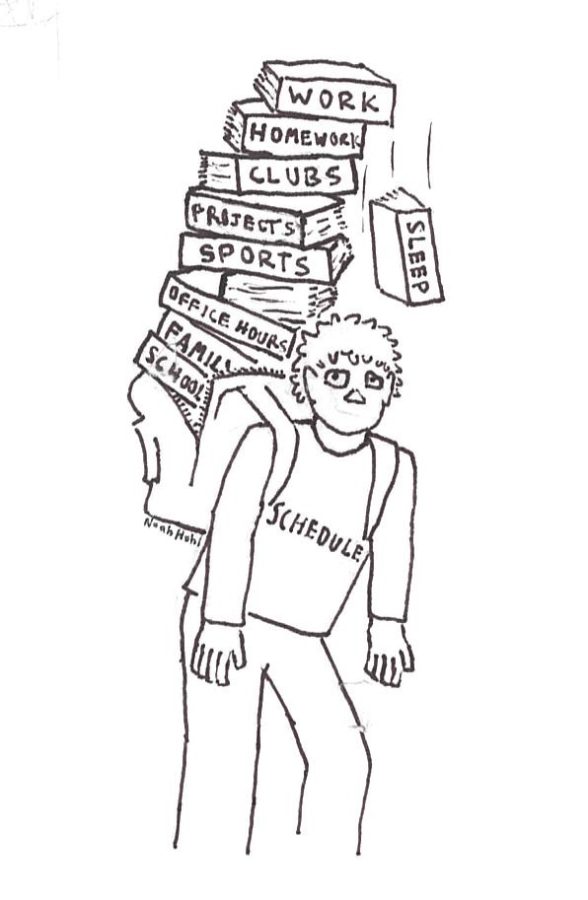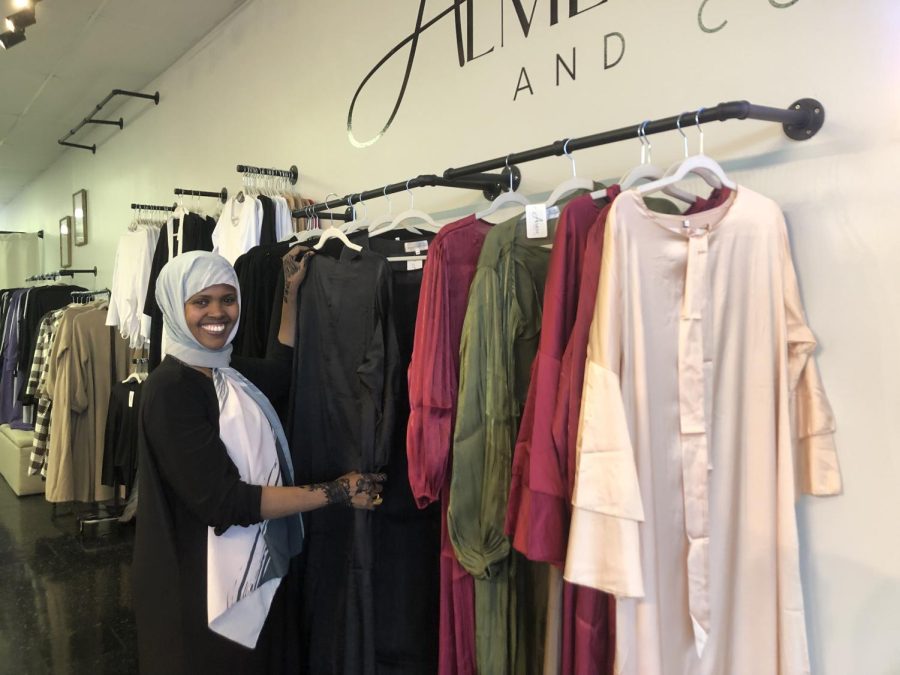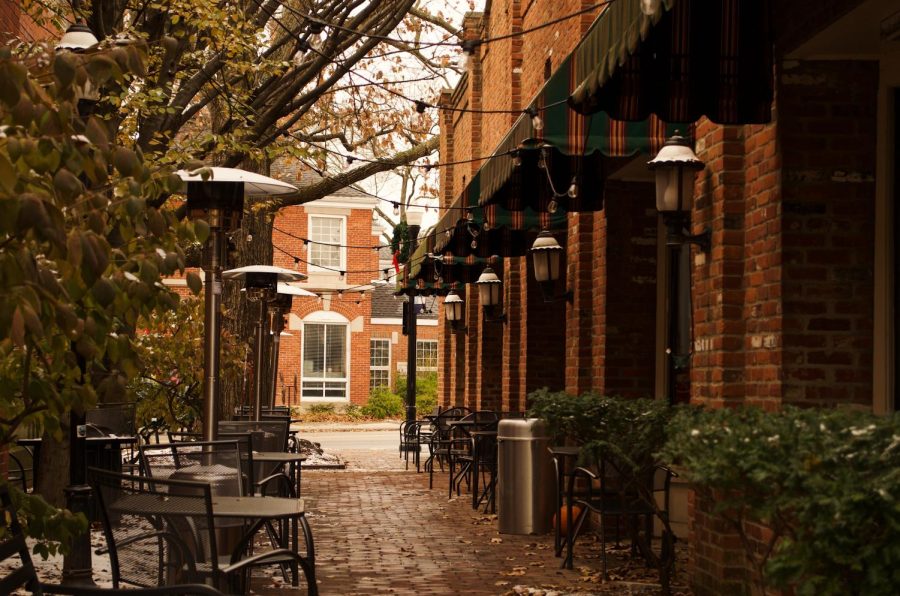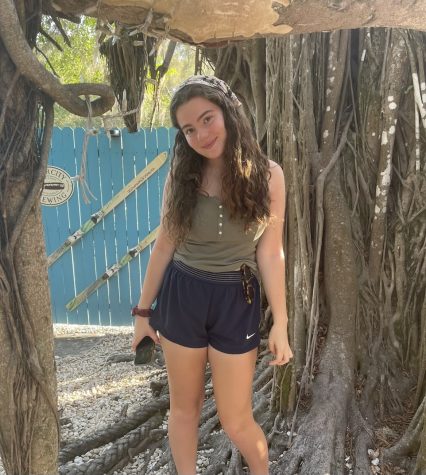Every day, millions of people across the globe are encouraged to post a picture at the same time. The concept of posting these images and showcasing the faces and surroundings of users at random times each day is the core value of the newly popular app BeReal. This new social
media platform has grasped the attention of users across the globe, and has been the number one free iPhone app for the past two months. According to BeReal, the app’s main goal is to “discover who your friends really are in their daily lives” through an authentic and intimate yet mundane manner (BeReal)
While some believe that BeReal is successful in promoting the idea of becoming more authentic online, there are those who still believe that the app is just another platform where users still have the opportunity to present distorted and filtered versions of themselves and their lives.
Several students at Westerville North take part in these BeReal notifications everyday. Patricia Moore (12) is one of these students. Moore believes that the app offers a more genuine platform where people can post on social media without feeling the pressures other social media inflict.
“These days there are so many filters and edits you can do to yourself to make you look like something you are not [but]… [BeReal] lets teenagers care less about what others think of them,” Moore said.
Similar to Moore, Kendyl Laucher (12) uses the platform and believes the app is successful in encouraging people to be more authentic and real online.
“People are forced to show what they are doing without using an editing app or filter…these people are more honest and true [regarding] who they are,” Laucher said.
The app allows users to showcase their lives with other people without the use of editing, which many, including most students at Westerville North, believe that it is a major step up regarding the sharing of lives on other social media platforms. But, the app does allow certain loopholes when posting.
BeReal gives users two minutes to snap a photo, allowing users to retake as many photos as they would like. Along with the ability to retake pictures, the user is allowed to post late or not at all. These features allow users to have more control over what they post, which can seem like a contradiction to BeReal’s overall mission.
Ellie Bridge (12) believes that BeReal is just another social media app where users can manipulate their shared content, despite the app’s attempt to encourage the sharing of genuine moments in real time.
“You really just get the surface image of what people want you to see of them…You can wait to post a late BeReal for when you’re doing something fun, or [you can] delete your BeReal to make it what you would like it to be” Bridge said.
Charlie Boss, the social media and community-engagement coordinator for the Westerville City Schools District believes that social media is very important in communication and connection with the outside world, but not without challenges. When asked about BeReal, Boss admits that the app seems like a step in the right direction, but concludes that it is still a social media platform, where people can still curate their identity.
Boss says that “[on BeReal], you are able to connect with your friends, [so it] seems like a great way to engage with your peers. [We are on social media] to stay connected and to engage with others. [BeReal] is a little more spontaneous…But you have two minutes [to post], you could still contrive some kind of scenario that may not necessarily be authentic.”
Oliver Haimson, a social media researcher at the University of Michigan, named the situation of posing for our lives in social media the “online authenticity paradox,” saying that being truly authentic online is neither possible nor probable.
In an interview with “The Daily Beast,” Haimson said, “If you ask people if they want to be authentic on social media, most are going to say yes, because authenticity is presented as a standard that we all should be holding ourselves to. But in reality, it’s not actually possible to be completely authentic online. “So when you’re confronted with this thing, where you have to post not only a selfie, but also your surroundings, all within the next two minutes. People are confronted with the realization that they don’t actually want to be authentic all the time.”
On social media, users normally post their content with a certain audience in mind, wanting to project a certain persona to their audience and peers. It is not desirable to want to document moments where we are vulnerable or expressing emotions we do not wish others to encounter.
“It’s hard to see people’s true personality and values through social media. You see when people look their best or [when they] are doing fun things” Bridge said.
On any platform of social media, users document and display only the content they wish others see of themselves. While BeReal promotes the sharing of these intimate and “real” moments, it is important to recognize that even through this type of social media that seems to be headed in the right direction, users do not present themselves in a fully authentic manner. Anything we post and any material we see posted is still contorted and manipulated. In the world of social media, it is important to recognize that presenting an “authentic” way of life is far from being real.


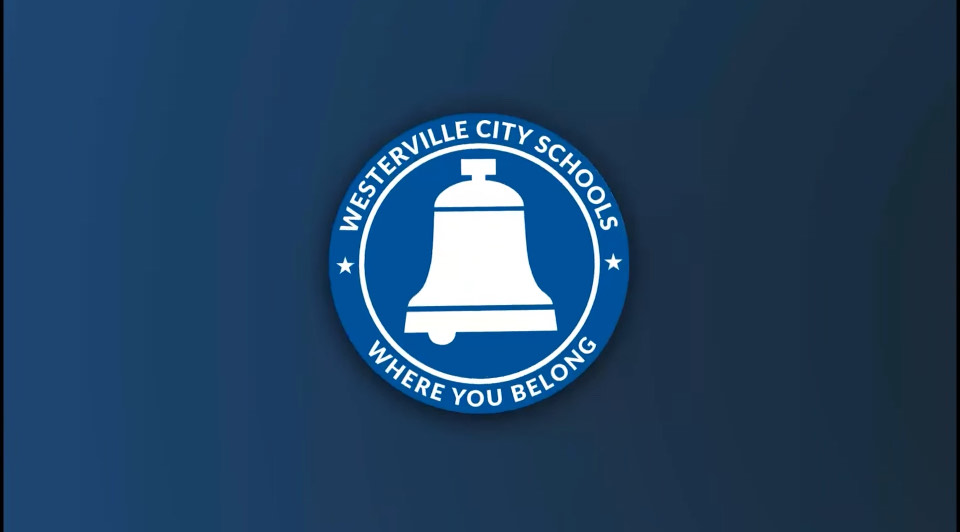


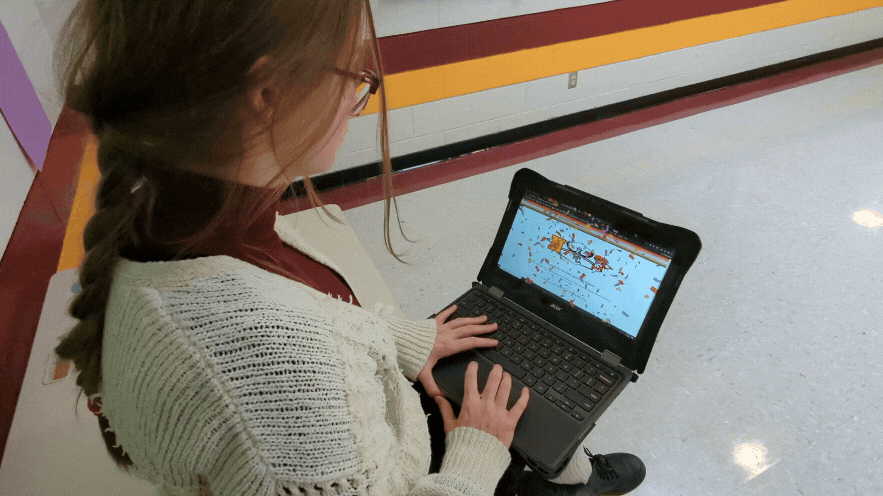

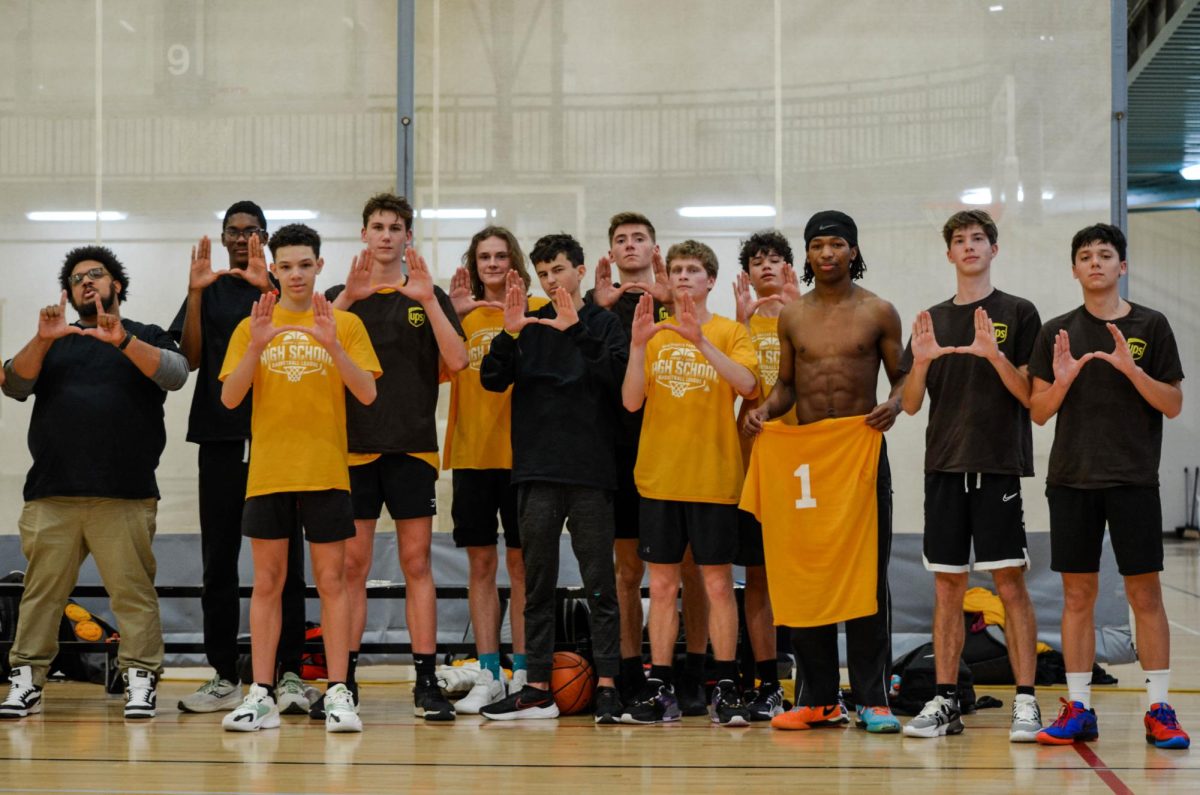


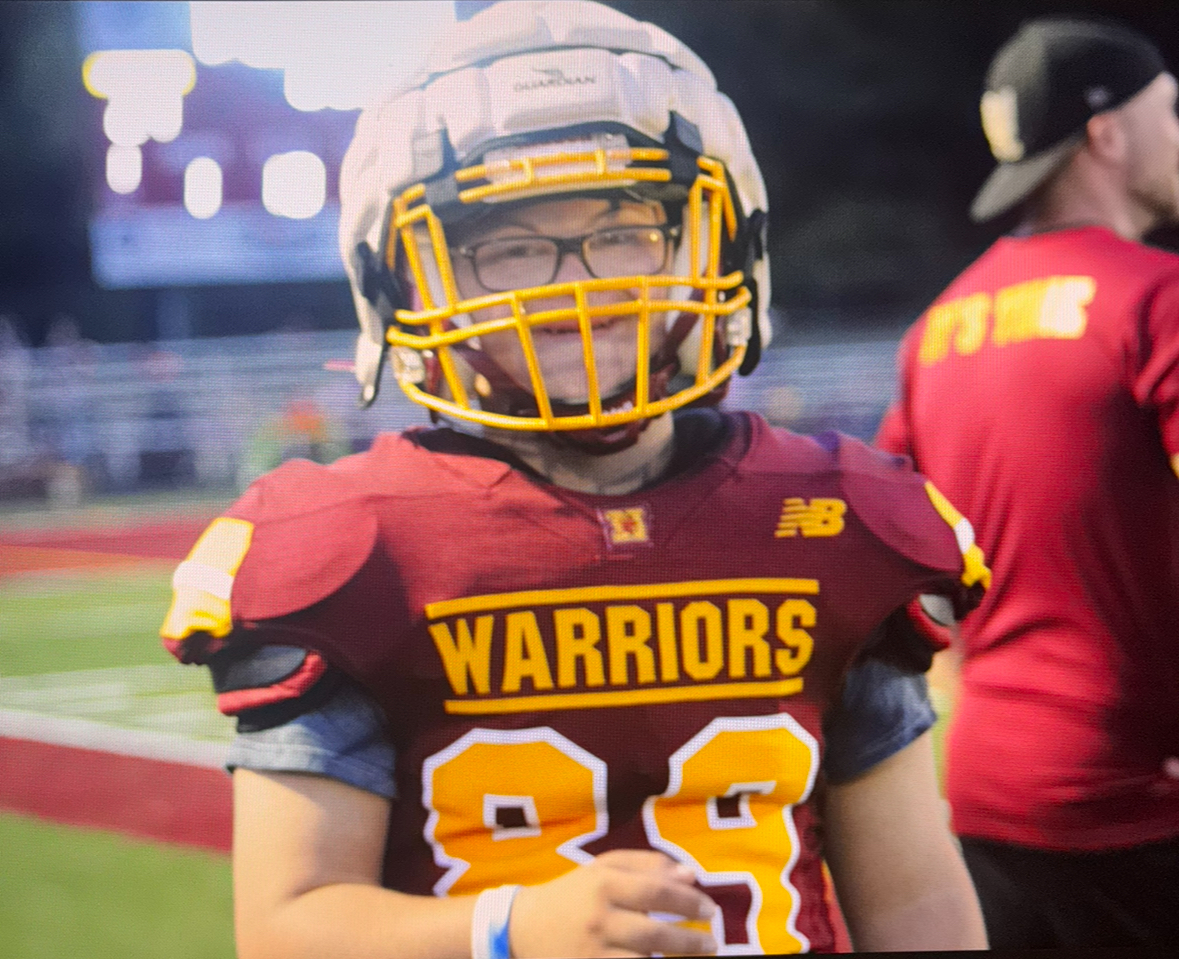
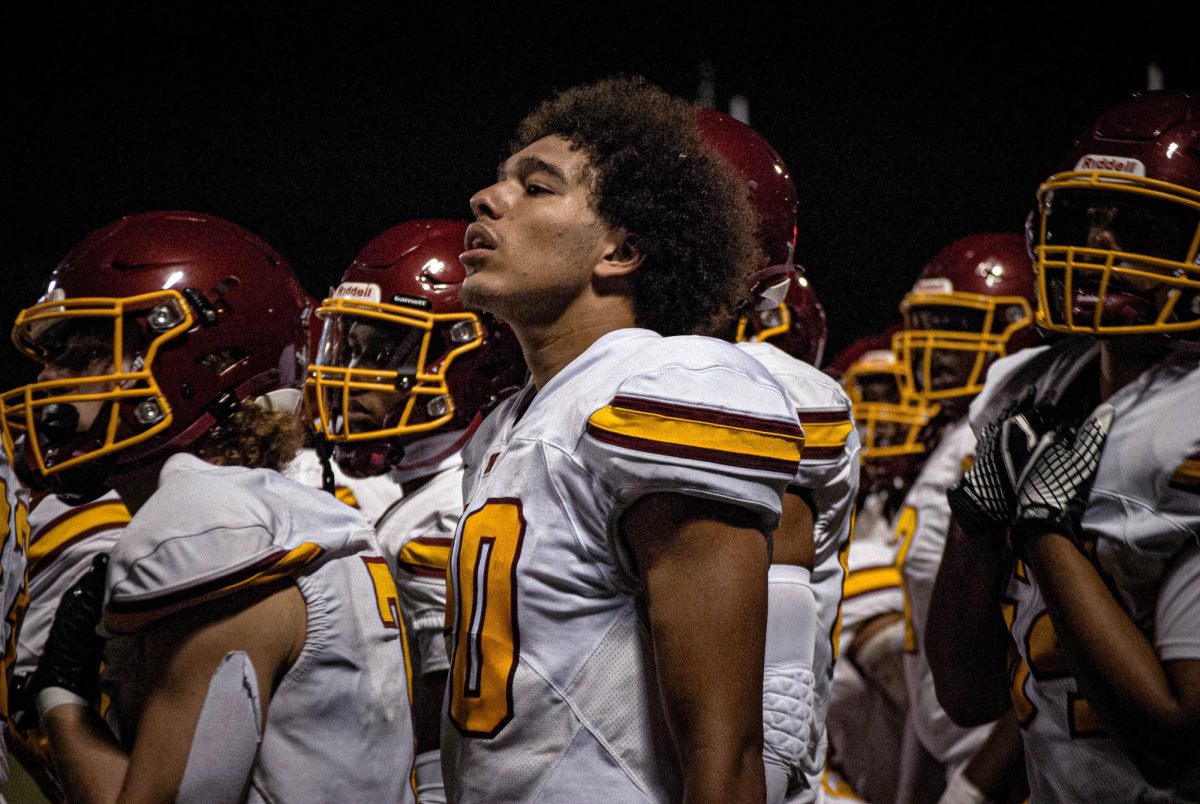

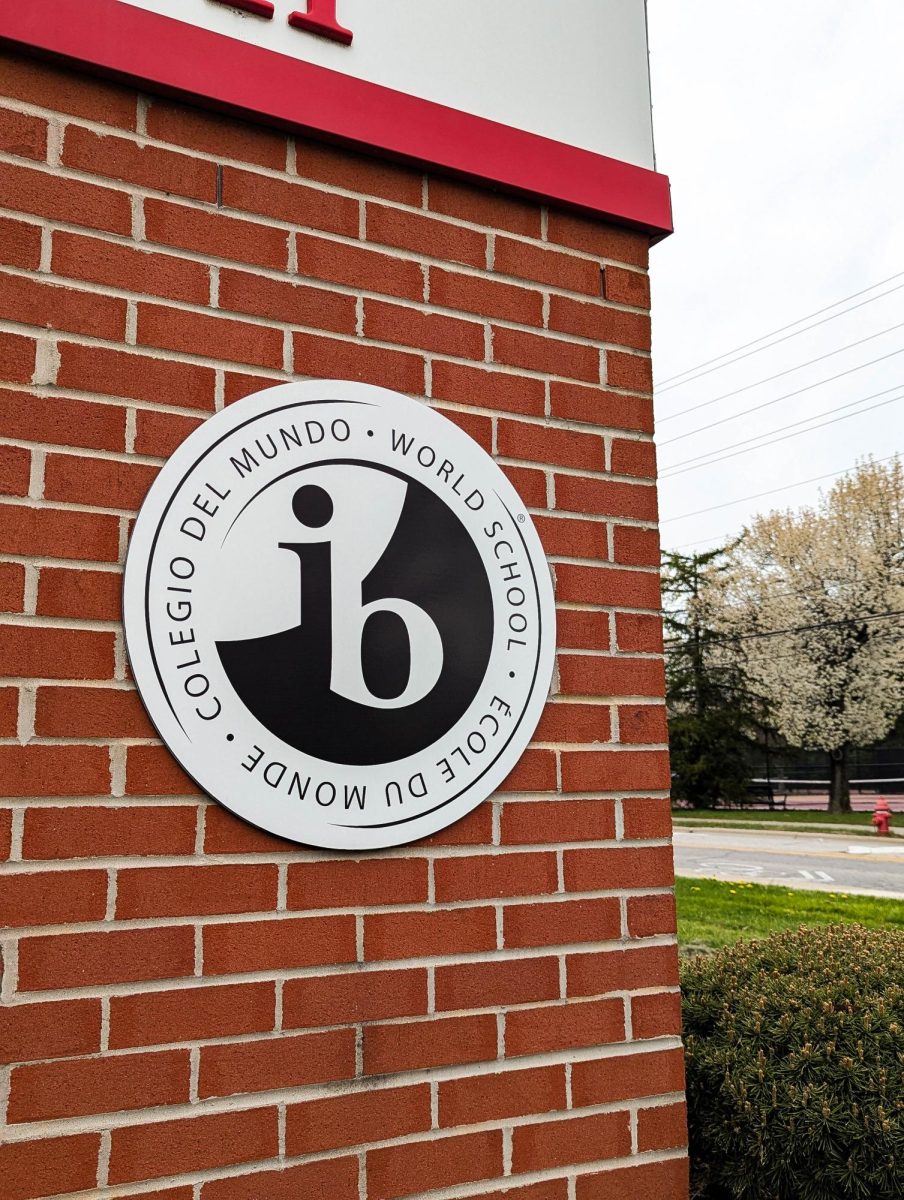

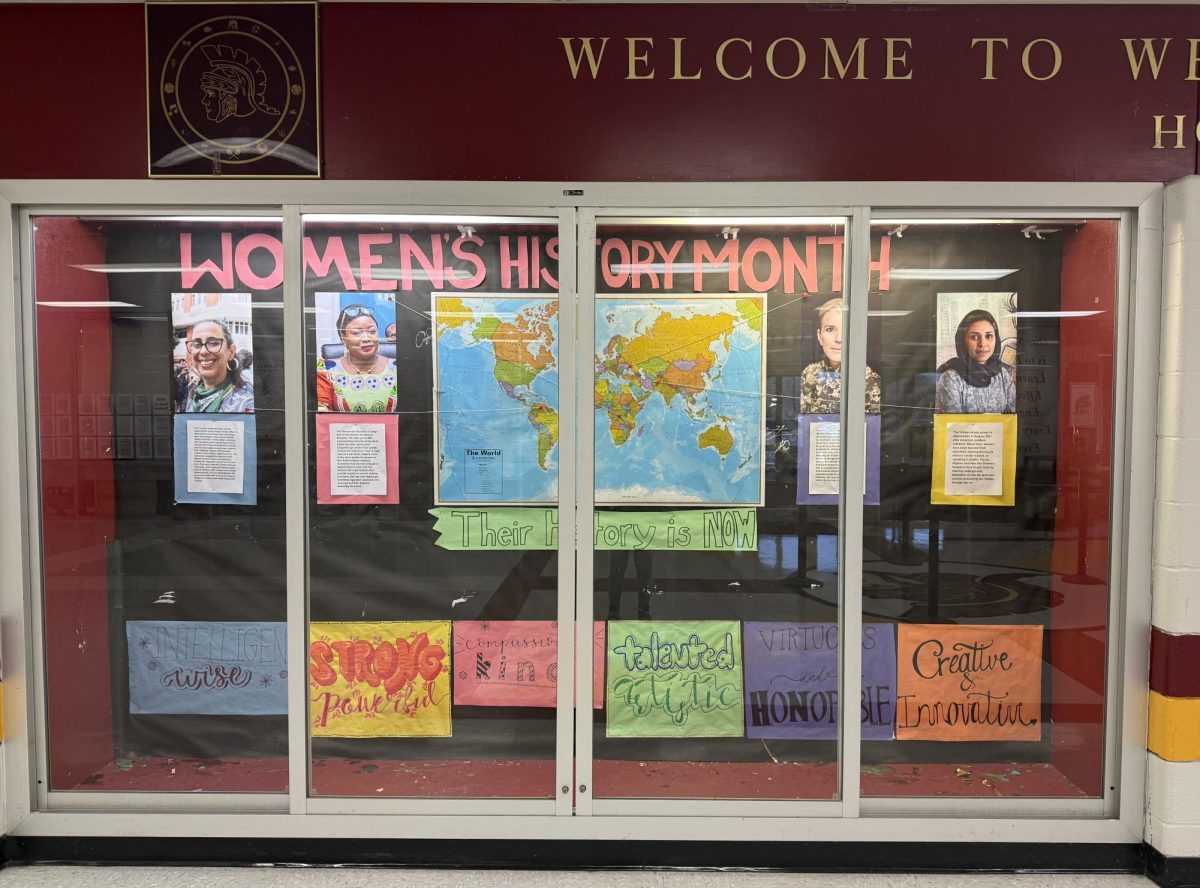

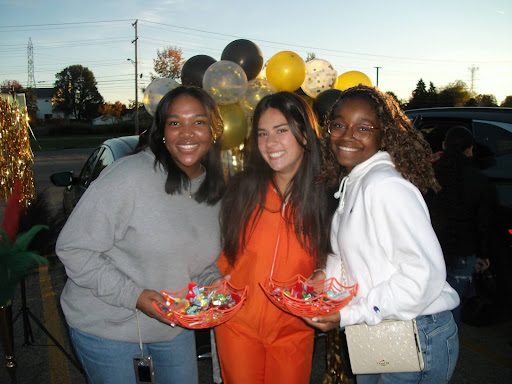

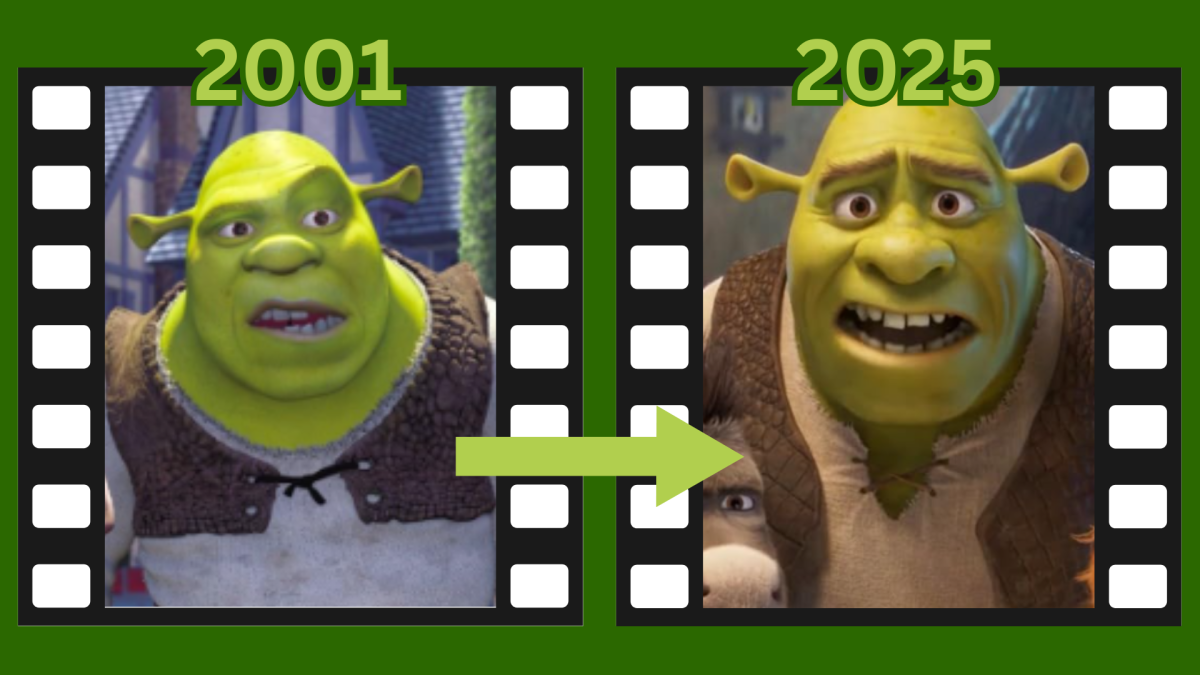
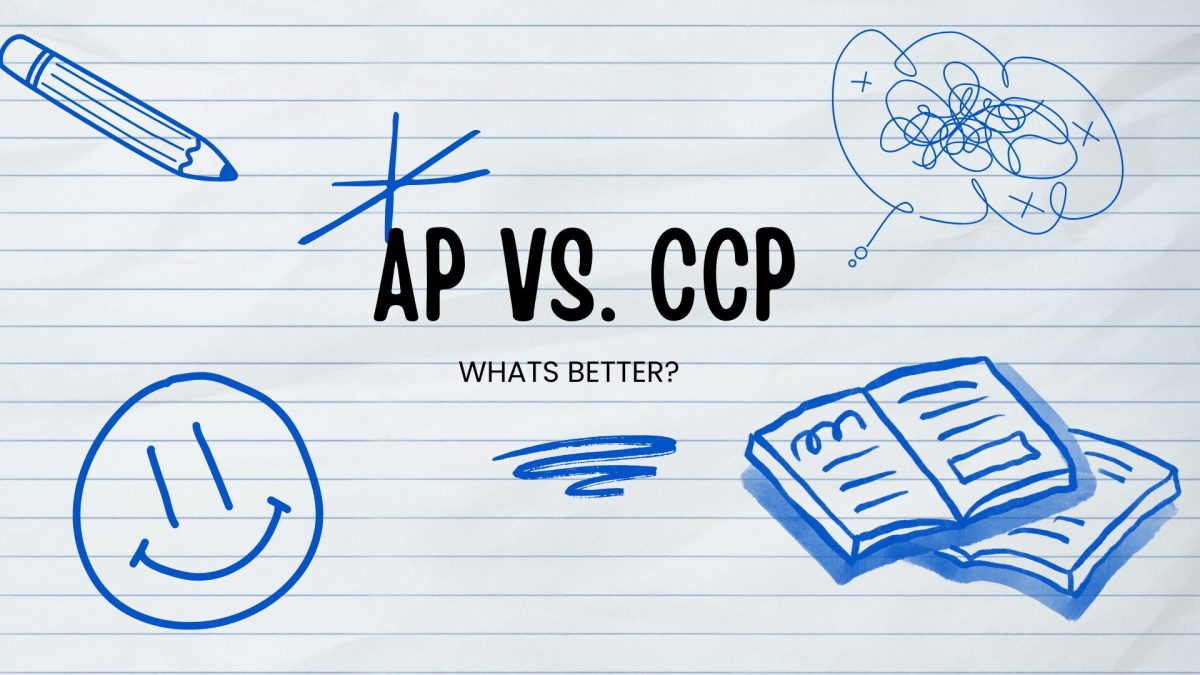

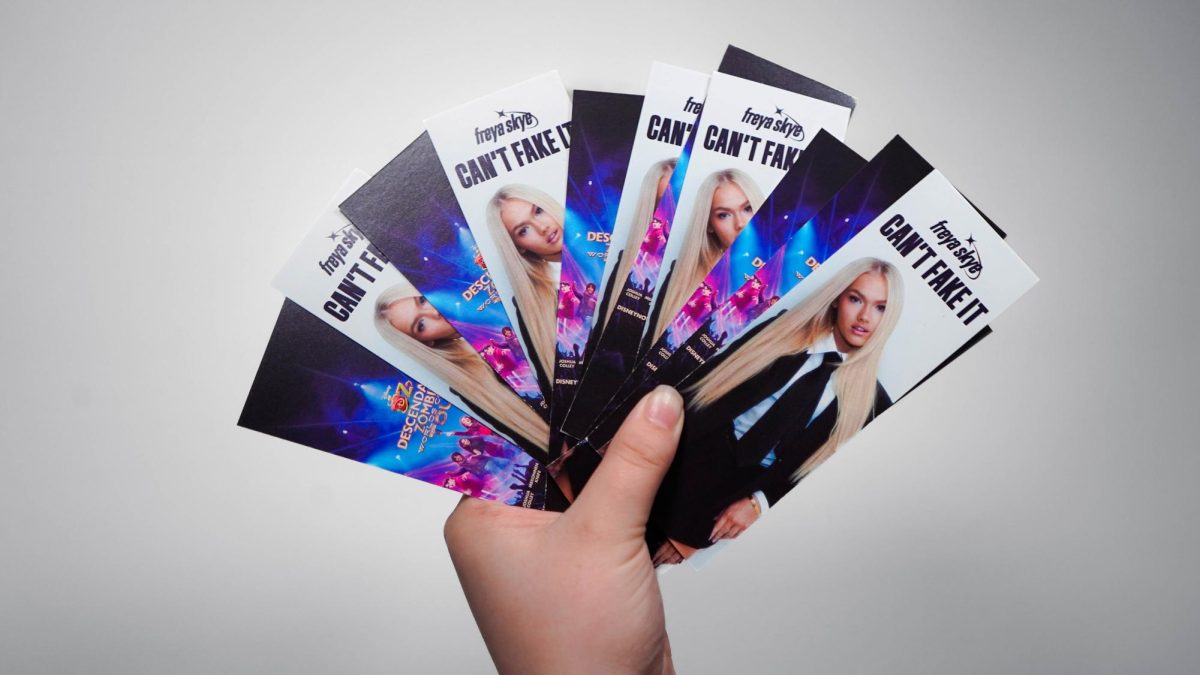

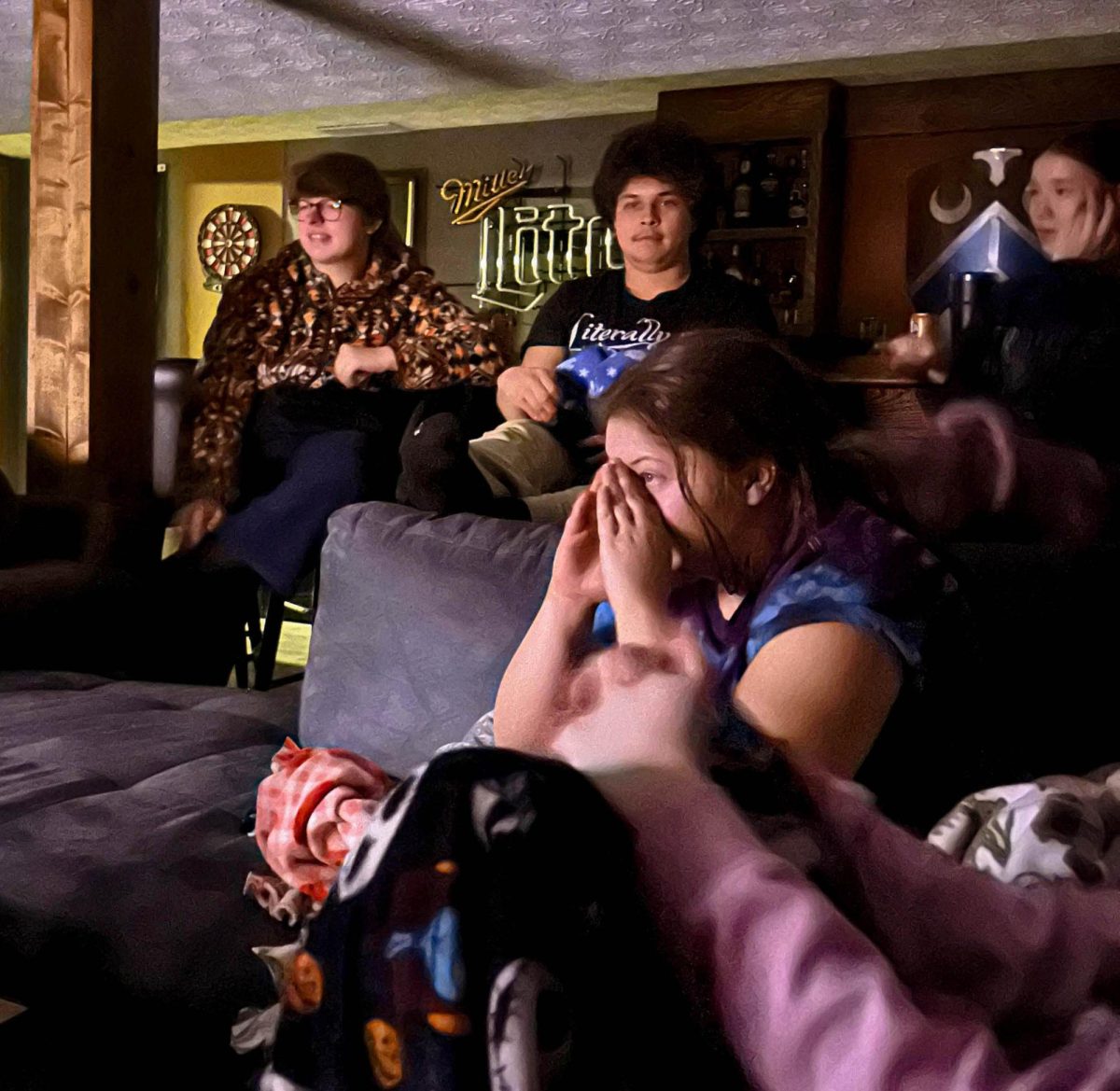

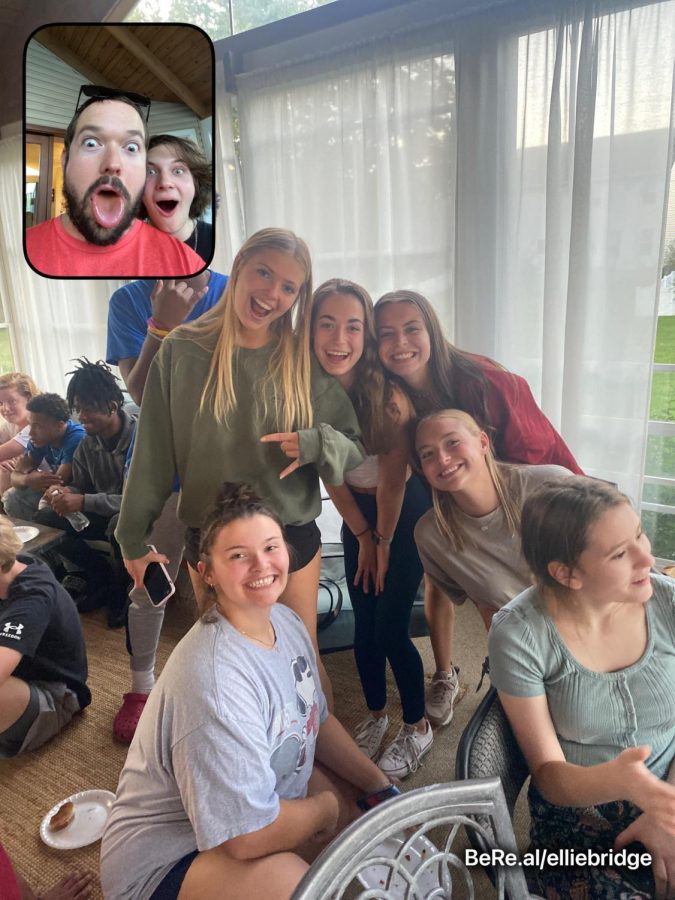
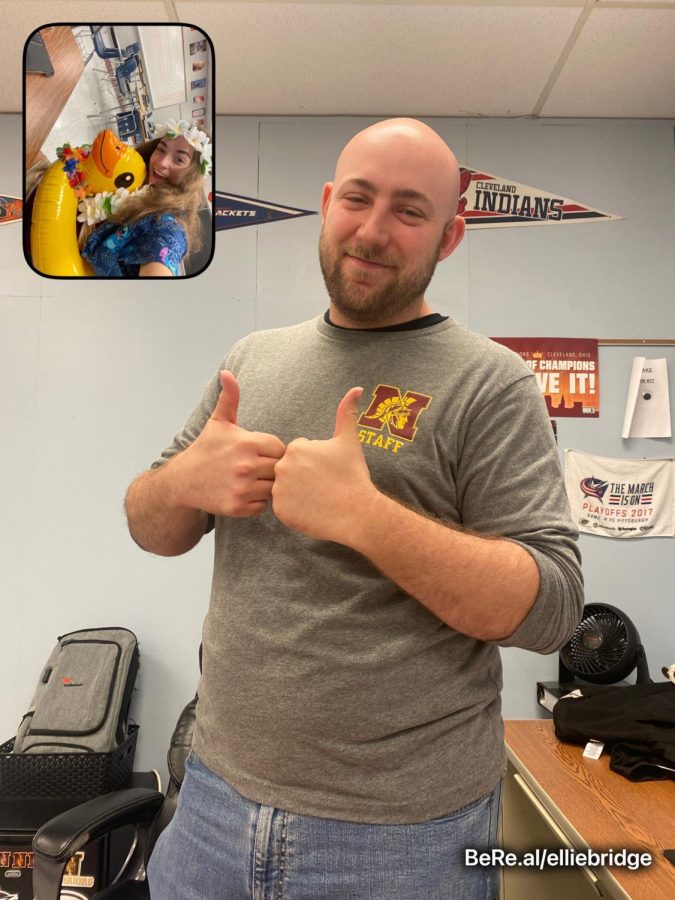
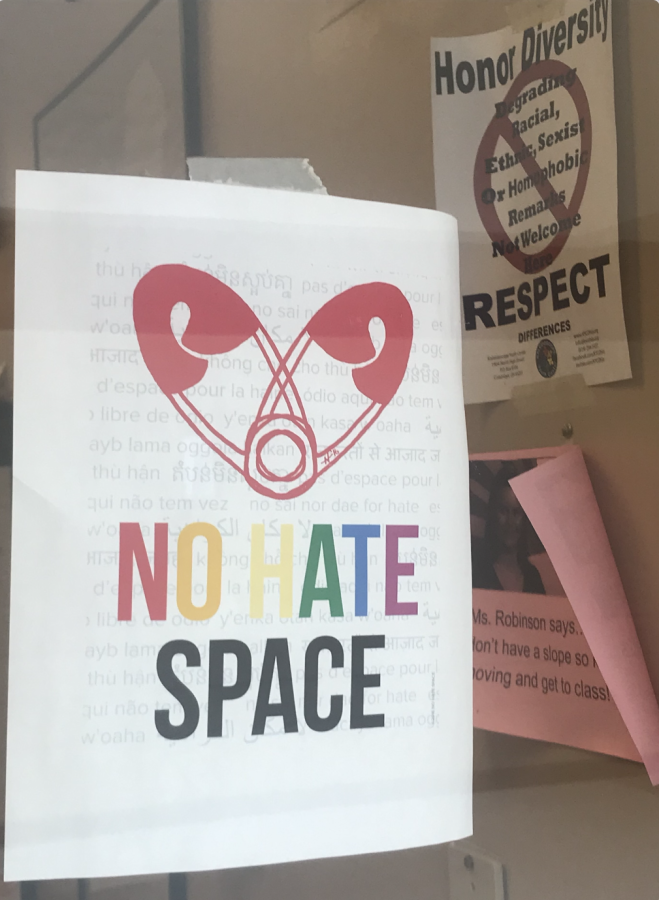
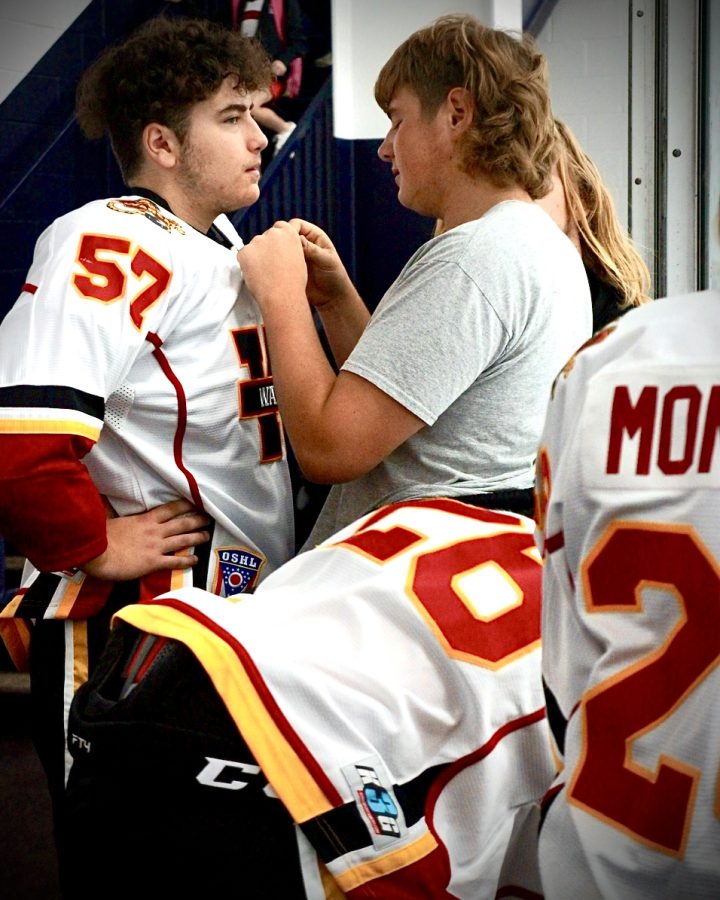
![Bob Bobel, of Westerville, worked in England for 7 years in the 80s and hung the British flag off his front porch last week. “[It] was put up for two purposes: One the Queen had died and secondly, a British lady wanted to give my wife a tea in the backyard for her birthday,” Bobel said.](https://wnhsodyssey.com/wp-content/uploads/2022/09/Screenshot-2022-09-27-4.12.30-PM.png)
